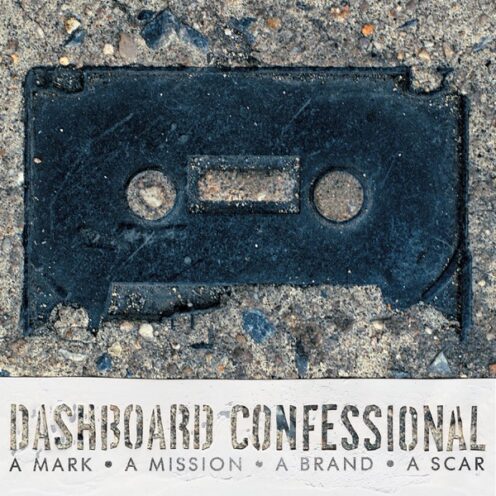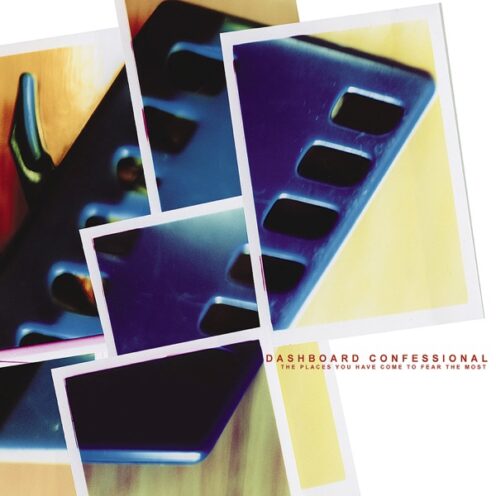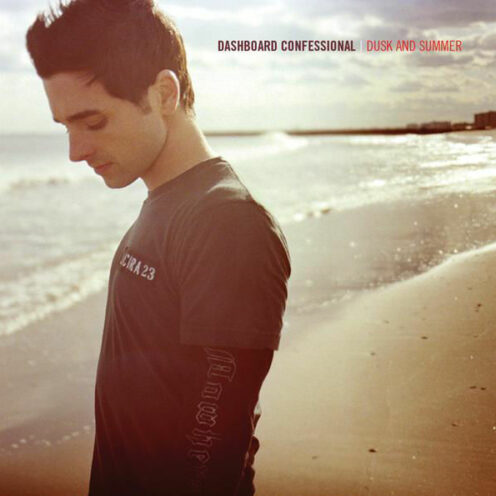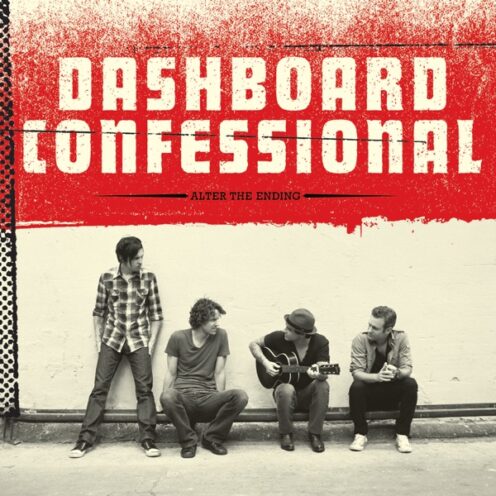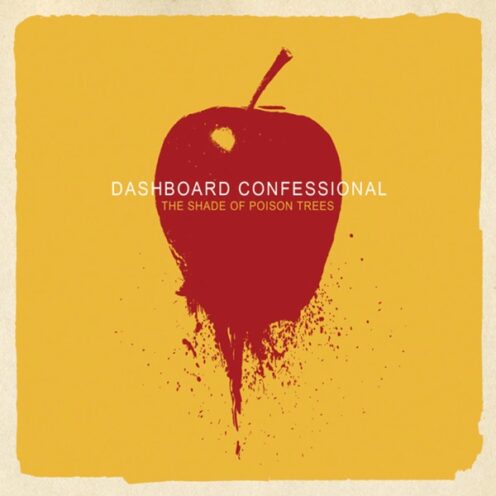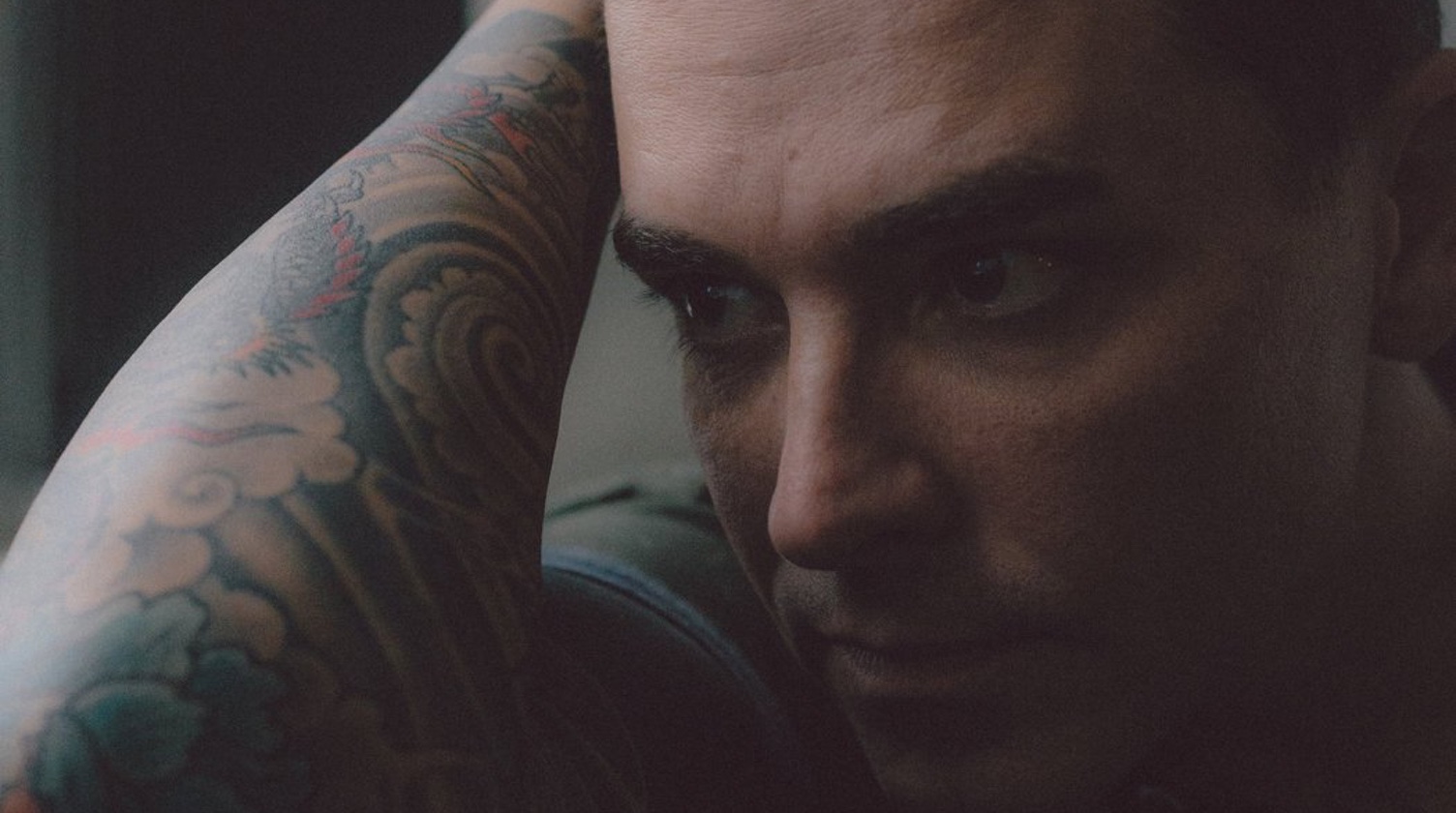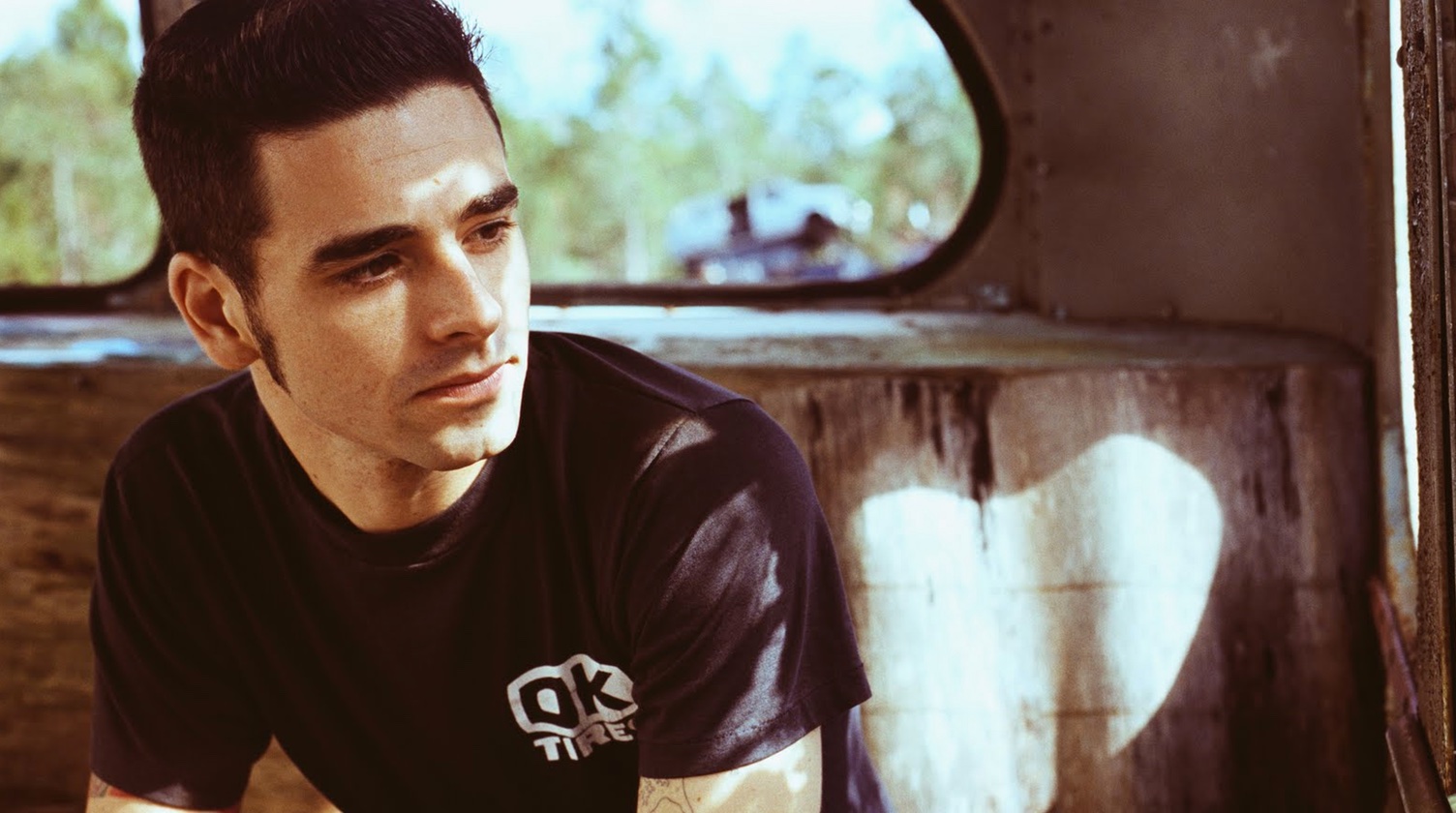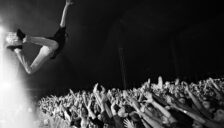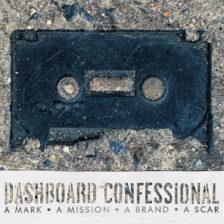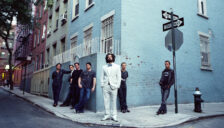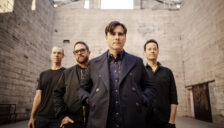Dashboard Confessional and Boys Like Girls have announced new tour dates. Taylor Acorn will be opening.
Read More “Dashboard Confessional & Boys Like Girls 2024 Tour”All Your Friends Fest 2024 Lineup
The All Your Friends Fest has announced this year’s lineup.
Read More “All Your Friends Fest 2024 Lineup”4th Annual Let’s Go Music Festival Lineup Announced
The fourth annual Let’s Go Music Festival has announced the three-day lineup that includes bands like Dashboard Confessional, Taking Back Sunday, Thursday, Motion City Soundtrack, The Revivalists and more. The festival is taking place at the Anne Arundel County, Maryland Fairgrounds and tickets are officially on sale now.
Read More “4th Annual Let’s Go Music Festival Lineup Announced”Review: Dashboard Confessional – A Mark, A Mission, A Brand, A Scar
Given the direction that mainstream music has taken over the past two decades, it is virtually impossible to believe that an emo band once got big enough to land the end credits theme song slot in a blockbuster superhero movie. Just imagine what it would have been like if The Hotelier showed up in the credits of Captain America: Winter Soldier back in 2014, or if Foxing’s “Grand Paradise” started playing after everyone got dusted at the end of Avengers Infinity War in 2018. Awesome as these needle drops would have been, they also had a 0.02 chance of ever happening. In the mid-2000s, though, emo and pop-punk were riding a massive wave of popularity among teen listeners, and Dashboard Confessional parlayed that success into “Vindicated,” the anchor song for the third highest grossing film of 2004 – a little movie called Spider-Man 2. That movie and its soundtrack don’t hit the two-decade mark until next year, but the album that gave Dashboard the juice necessary to get to that mainstream milestone turns 20 this weekend. It’s called A Mark, A Mission, A Brand, A Scar, and it is hands down the best teen angst album ever made.
Dashboard Confessional were already a big deal in the emo community by the time 2003 rolled around. Between them, 2000’s The Swiss Army Romance and 2001’s The Places You Have Come to Fear the Most made Chris Carrabba – the songwriter, mastermind, and sometimes sole member of Dashboard Confessional – a bona-fide underground superstar. Carrabba wasn’t a pop star just yet, but you could’ve mistaken him for one if you caught the Dashboard Confessional MTV Unplugged special, shot in April of 2002. That show was the subject of a Ringer oral history last year, which revealed that basically the entire idea behind putting Dashboard Confessional on Unplugged in the first place was to capture the raw intensity and jaw-dropping enthusiasm of the band’s sing-along crowds. Early Dashboard shows became communal celebrations unlike anything else in the emo galaxy – celebrations where every fan knew every word of every song and belted them out loud enough to shake the stage. They might not have been the biggest band in the world, but for the people who loved them, Dashboard Confessional were a band that mattered. As in, tattoo-these-lyrics-on-my-arm, that-song-saved-my-life, this-band-is-my-religion mattered.
Read More “Dashboard Confessional – A Mark, A Mission, A Brand, A Scar”Counting Crows & Dashboard Confessional Tour
Counting Crows and Dashboard Confessional are touring together.
Read More “Counting Crows & Dashboard Confessional Tour”Dashboard Confessional and Andrew McMahon Livestream
Dashboard Confessional and Andrew McMahon will be live streaming their sets from Texas and Denver. Tickets are now on sale.
Read More “Dashboard Confessional and Andrew McMahon Livestream”The Oral History of Dashboard Confessional ‘Unplugged’
Carrabba: Kids at those shows were used to singing loud and not being heard. To them, they thought this kind of reaction was normal, but this time we could all hear each other. And I do remember the first time it happened that I just stopped singing, but thankfully didn’t stop playing. Because I kept playing, they kept singing, and I thought, “Oh, wait a minute. I’ve got to get back in there.”
Dashboard Confessional – “Burning Heart” (Live from the Garden)
Dashboard Confessional has posted up “Burning Heart” from his live stream earlier this year on YouTube.
Read More “Dashboard Confessional – “Burning Heart” (Live from the Garden)”Dashboard Confessional & Andrew McMahon Announce Tour
Dashboard Confessional and Andrew McMahon are heading out on tour.
Read More “Dashboard Confessional & Andrew McMahon Announce Tour”Dashboard Confessional Performs on Colbert
Dashboard Confessional performed “Here’s to Moving On” on Colbert.
Read More “Dashboard Confessional Performs on Colbert”Dashboard Confessional Performs on Kimmel
Dashboard Confessional performed “Everyone Else is Just Noise” and a mini-set for Kimmel.
Read More “Dashboard Confessional Performs on Kimmel”Talking Tech With Dashboard Confessional
Chris Carrabba talked with Newsweek about the tech used on his new album:
My home studio is Pro Tools based. My new record is centered around acoustic guitars, and I found that a mic chain that I knew I loved for recording vocals seemed to also work really well for tracking acoustic guitars.
I tracked both vocals and acoustics with my Wunder CM7 microphone through a Vintech Audio 273. These two pieces of gear really were outstanding.
Another great piece of gear was one that I used during the demo phase. I was trying to do things really quickly, to demo the songs on acoustic guitar to give the producer James Paul Wisner what I had in mind for us to work on together. I didn’t want to send him lousy-sounding stuff he couldn’t enjoy listening to, but I was also trying to work quickly. I was able to do both by using the Fishman Aura DI. It’s more than just a simple DI [direct input]—it does microphone simulation, creating a bit of air and space and depth to your DI sound and replicates a microphone incredibly well.
Dashboard Confessional – “Burning Heart” Video
Dashboard Confessional has released a video for “Burning Heart.”
Read More “Dashboard Confessional – “Burning Heart” Video”Emo’s Not Dead Cruise
Dashboard Confessional, Thursday, New Found Glory, Underoath and more have been announced for the “Emo’s Not Dead” cruise. Tickets go on sale Thursday at 8 AM PT.
Read More “Emo’s Not Dead Cruise”Jimmy Eat World and Dashboard Confessional Tour
Jimmy Eat World and Dashboard Confessional has announced a new tour.
Read More “Jimmy Eat World and Dashboard Confessional Tour”